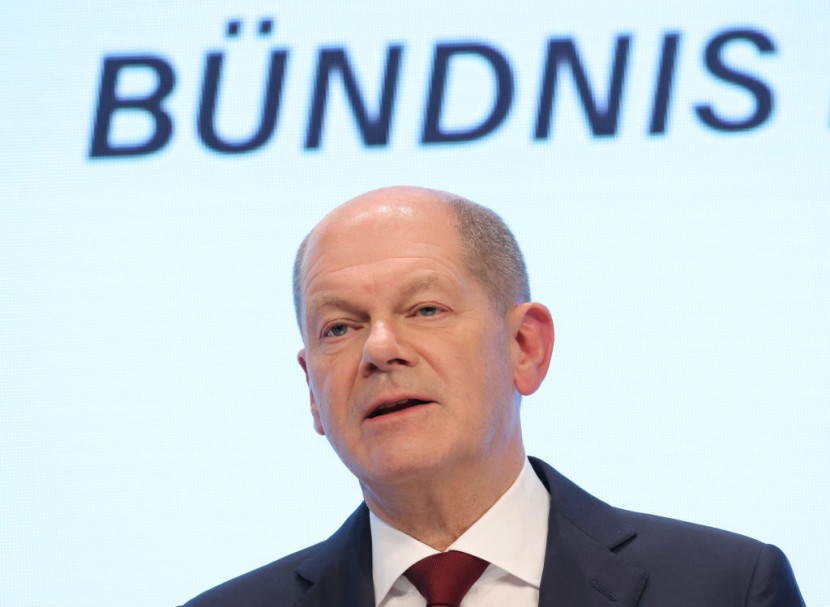
Nearly two million workers in Germany, Europe's biggest economy, will be getting a massive salary increase of 25% due to coalition agreements to replace Angela Merkel's government, officials revealed.
On Wednesday, three German political parties agreed to form a new government and have left-leaning Social Democrat Olaf Scholz replace Merkel as chancellor after extended negotiations. The agreement includes a plan to raise the minimum wage of Germany to roughly $13.46 per hour, which is an increase from the current $10.77 per hour.
Raising Minimum Wage
The decision could boost the income of roughly two million workers in the region who are considered to be earning minimum wage. The number of employees in this list comes to about 5% of workers, said an economist at ING, Carsten Brzeski, saying the move was "clearly significant."
Officials have already scheduled the minimum wage to increase to $11.72 by July 2022 and the coalition deal's documents did not detail when the largest increase will take effect. An economist with UBS, Felix Huefner, said that the decision would result in a boost to overall wage growth in the region. However, he warned that it could also lead to "broader wage pressures," CNN reported.
Additionally, Germany's central bank made the unusual decision of publicly criticizing the pay raise this week. Officials said it was "worrying" and argued it would result in a knock-on effect on wages on individuals who earn higher salaries.
Many economists and policymakers have continued to monitor rising wages as a key component of inflation worldwide. In October, inflation in Germany was at 4.5%, which was the highest recorded in the last three decades. The situation also comes as energy prices in the region continue to surge along with the price of food.
Addressing Climate Change
In 2015, Germany first introduced a national minimum wage of roughly $9.54 as the support for minimum wages in Europe continued to expand as the power of labor unions declined. In a statement, the European Commission said that there has been a drop in the proportion of EU workers covered by collective bargaining agreements between 2000 and 2015, CTV News reported.
The decision to raise the minimum wage in Germany comes as the region continues to fight against climate change and its effect on the environment. Scholz plans to set up the "biggest industrial modernization of Germany in more than 100 years." The official announced his objectives on Wednesday as part of his governing plan.
The primary question will be where the fund's resources will come from and who will pay for the projects. The Greens campaigned to use up $56 billion in green investments per year over a decade to fund the region's efforts to switch to renewable energy.
The Free Democrats decided to join the government, but with the condition of not raising any taxes and upholding Germany's balanced budget law. The legislation is a so-called debt brake enshrined in its Constitution. The efforts are all parts of various plans to combat climate change and slowly reopen the economy, the New York Times reported.
Related Article: All 3 Ahmaud Arbery Murder Suspects Found Guilty of Killing Victim After Nearly 2 Weeks of Trial








